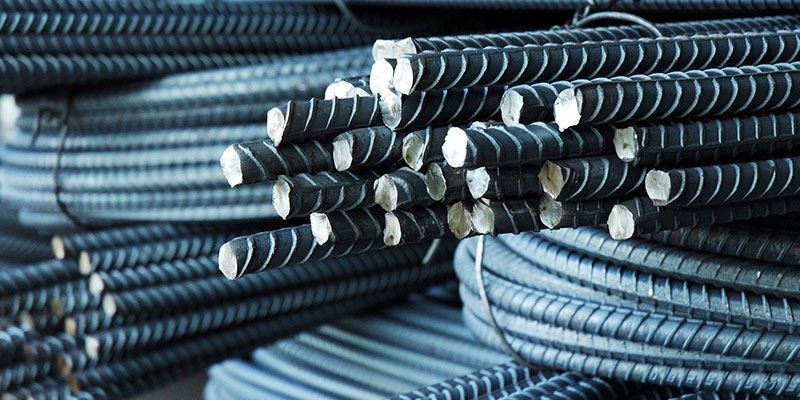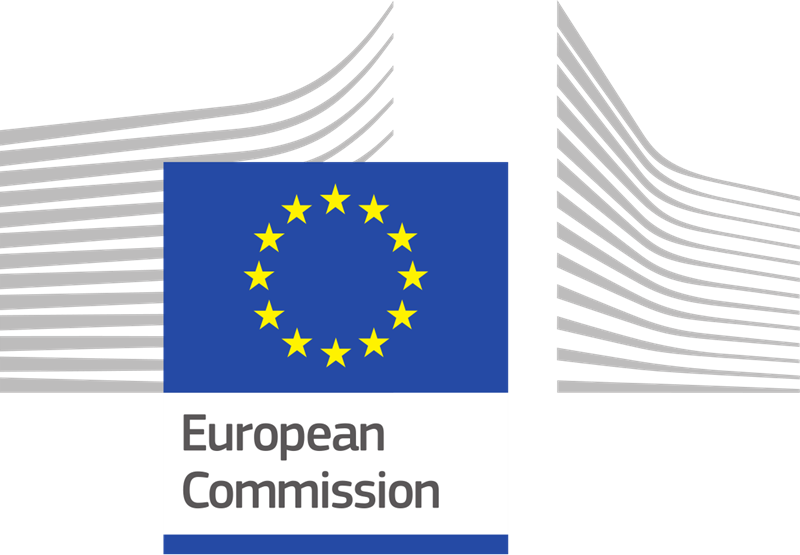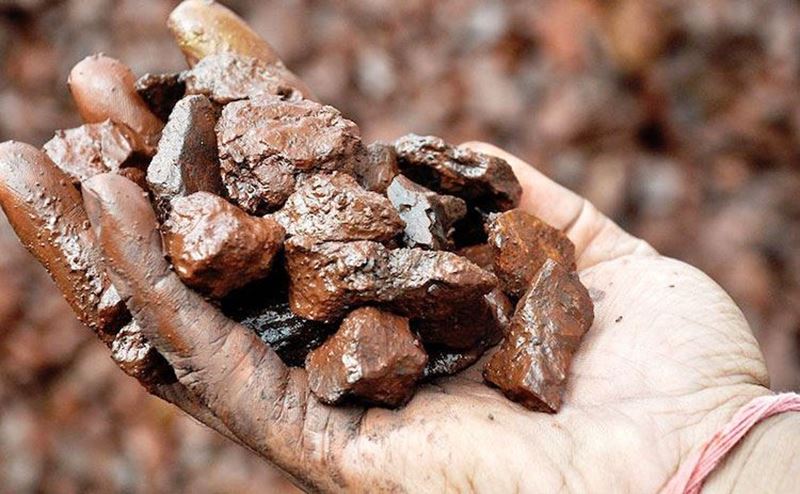Steel Union, the Czech and Slovak steel association, announced that steel consumption in the country decreased by 130,000 tonnes year-on-year to 1.37 million tonnes. High energy costs, rising inflation and an uncertain geopolitical environment are said to be behind this decline.
According to sources, steel consumption increased compared to the last quarter of 2023, rising above the recent low of 1.23 million tonnes. Steel production across the country also fell by 300,000 tonnes to 642,000 tonnes in the first quarter. While there was a general decline in the production of finished products, there was an increase in the production of rails and thick plate in particular. The increase in energy prices, especially in Europe, is among the main factors negatively affecting industrial production. Steel producers stated that they had to adjust their production due to rising costs and declining demand.
Steel exports fell by 200,000 tonnes year-on-year to 830,000 tonnes, while imports rose by 34,000 tonnes to 1.68 million tonnes. However, exports are said to have surpassed the levels of the last quarter of 2023. According to some sources, revised economic growth expectations in Europe and uncertainties in global trade stand out as other factors negatively affecting the steel industry.
The Czech government is trying to manage tensions with industrial sectors over the European Commission's emission reduction targets. Energy-intensive sectors such as the Steel Union have warned that the proposed targets could harm the industry.









Comments
No comment yet.